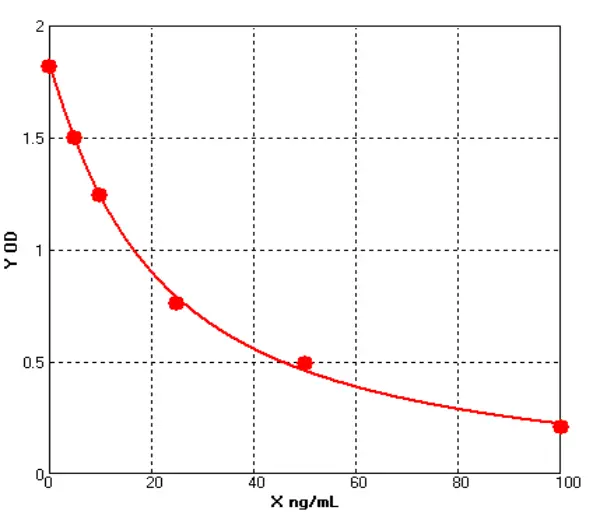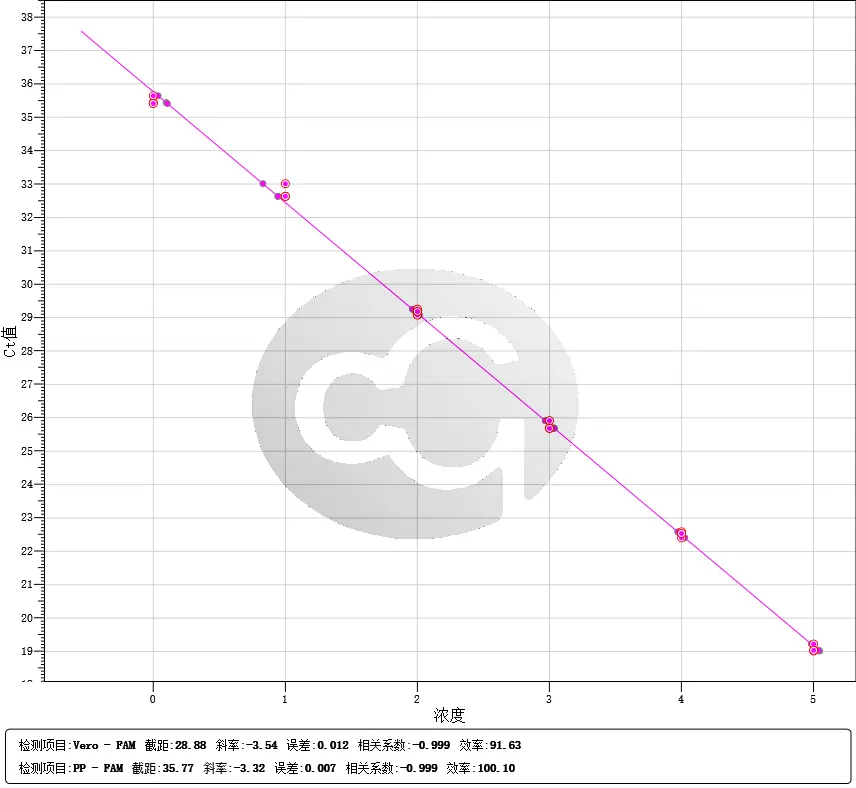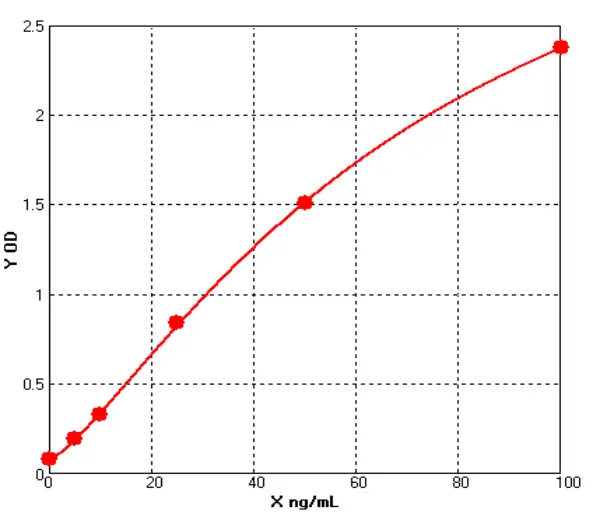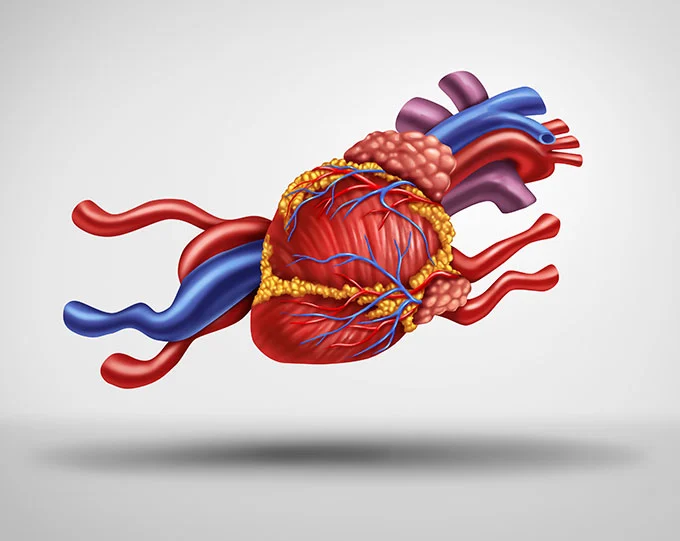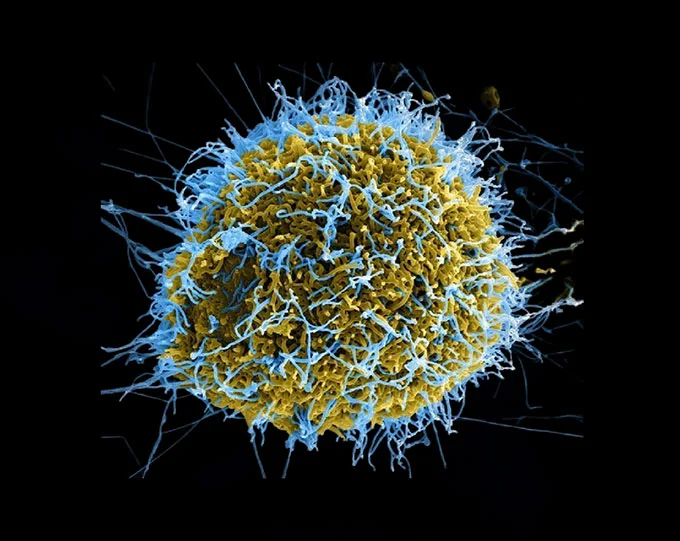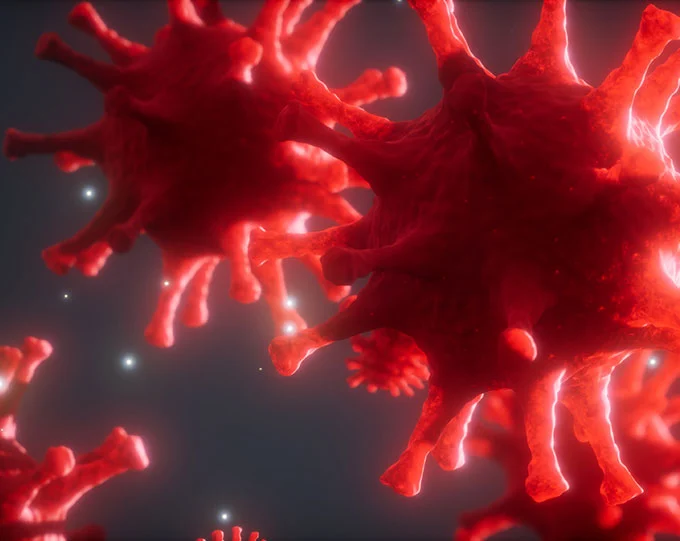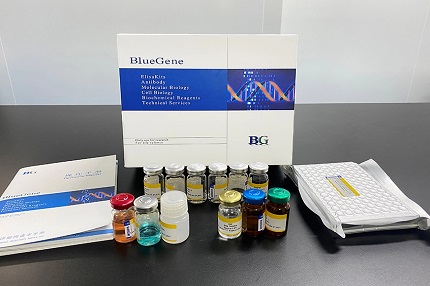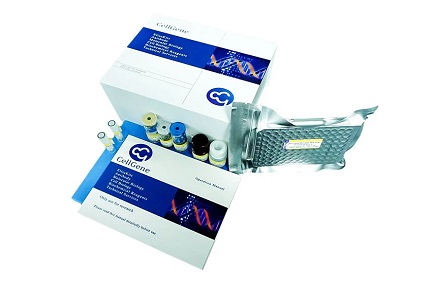- Host Cell Protein Detection Kits
- Host Cell DNA Residue Detection Kits
- Antibodies
- Recombinant Proteins
- ELISA Kits
- Cellular Component Protein Library
- Plasmids
- Promotions
-
Adrenaline ELISA Kit in Neurological Disease Research
Adrenaline is a crucial neurotransmitter that plays a key role in neurological diseases. The adrenaline ELISA kit can be used to detect adrenaline levels in human samples, providing an effective detec...
Mar.15, 2025Read More > -
HEK 293 HCP ELISA Kit in Protein Drug Production
Host Cell Proteins (HCPs) refer to the mixture of proteins produced by host cells (such as HEK 293, yeast, bacteria, etc.) during the production of therapeutic protein drugs. These proteins may remain...
Mar.13, 2025Read More > -
Exhibition review | 2025 The 7th China Wuhan Optics Valley Biological Annual Conference and Biopharmaceutical Quality Analysis Technology Forum came to a perfect end, looking forward to seeing you next time
On February 27-28, 2025, Crowne Plaza Wuhan Optics Valley held the "7th China Wuhan Optics Valley Biological Academic Annual Meeting and Biopharmaceutical Quality Analysis Technology Forum" ...
Mar.12, 2025Read More >
BlueGene Biotech's Research For Immunology
1. Four Periods Of Immunology
It is generally believed that the development of immunology has experienced four periods: empirical immunology, classical immunology, modern immunology and modern immunology period. Immunology is one of the forefront positions of life science and modern medicine. The human immune system performs immune functions. The immune system includes immune organs, immune cells and immune molecules.
2. Immune Function Of Modern Immunology
Modern immunology proposes that the immune function of the body is the response to antigenic stimulation, and the immune response is manifested in the ability of the immune system to recognize itself and eliminate non-self. Immune function functions according to immune recognition. This function includes immune defense against exogenous foreign bodies (mainly infectious factors), removal of the immunity of decayed or damaged cells to maintain their own stability and eliminate of immune surveillance of mutant cells.

